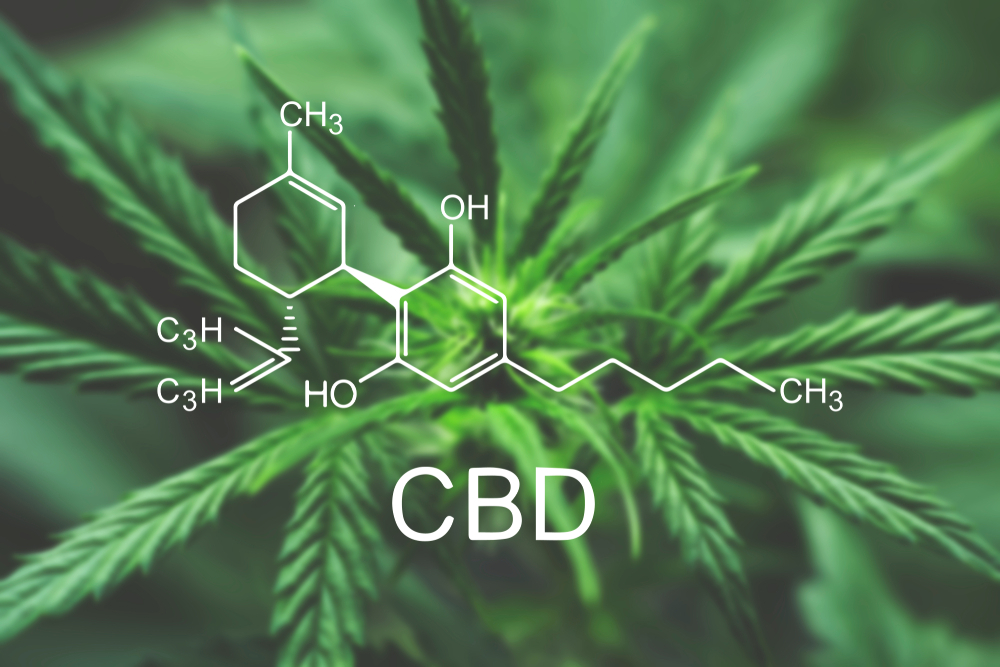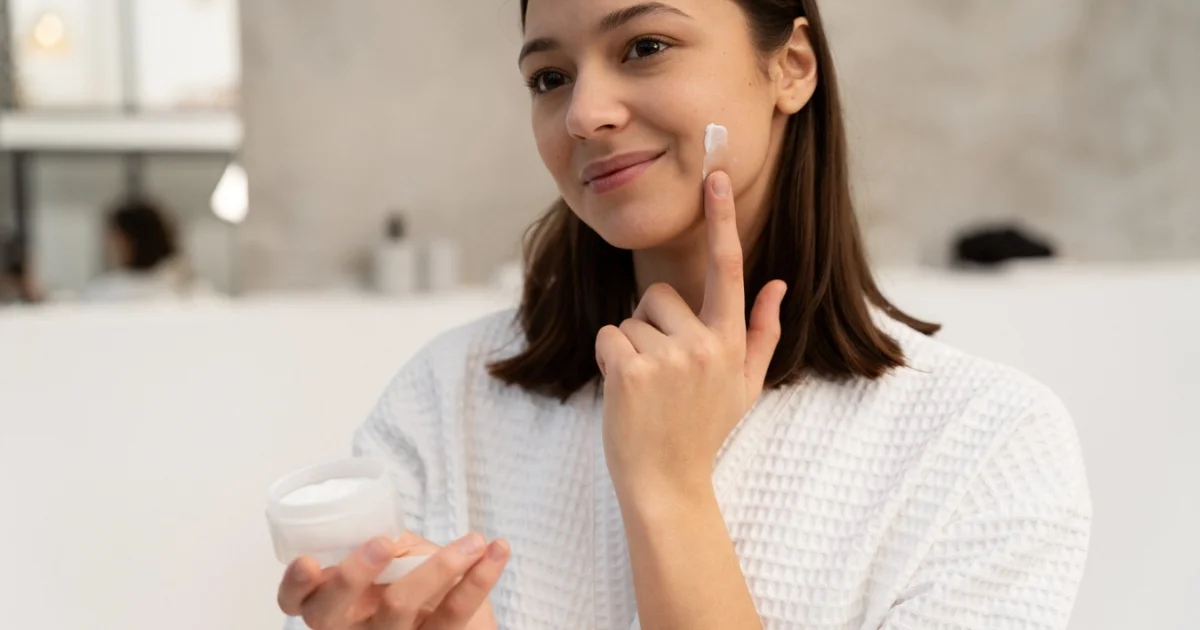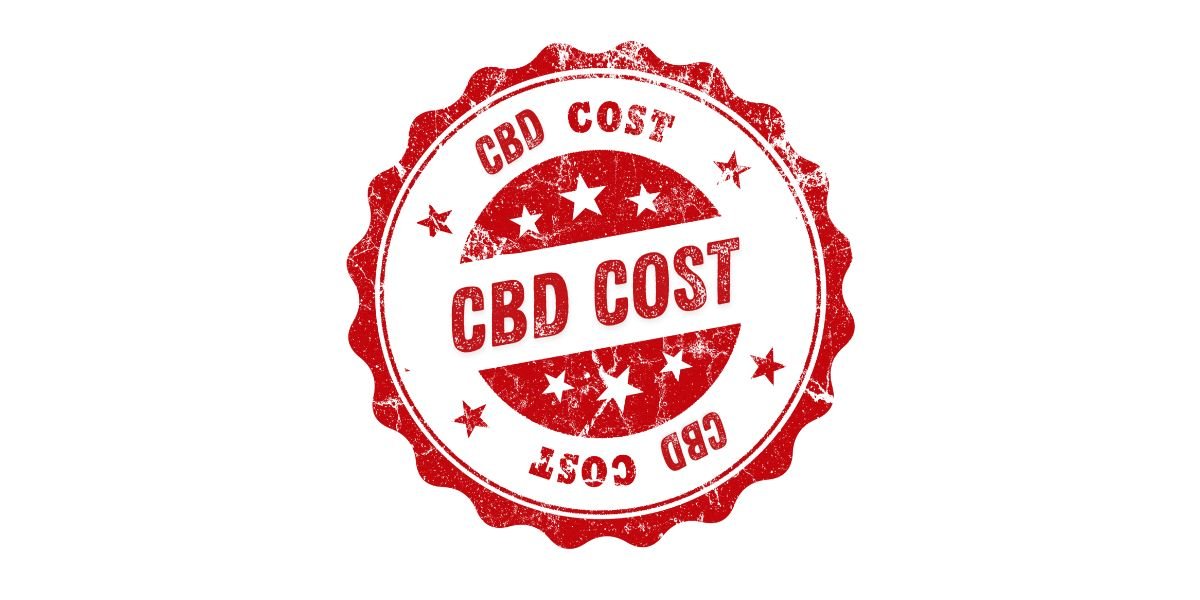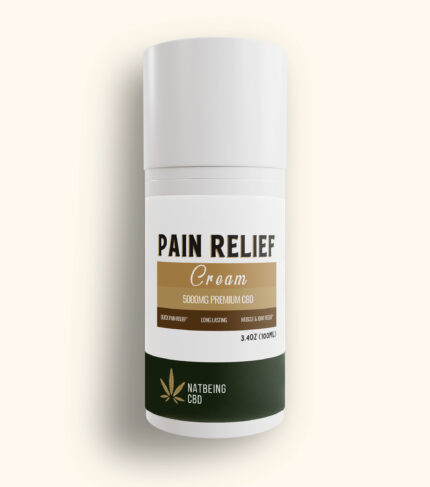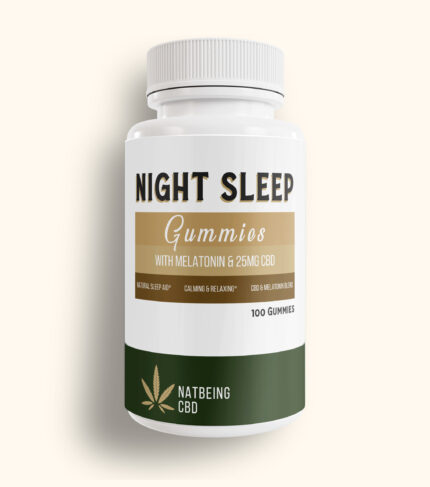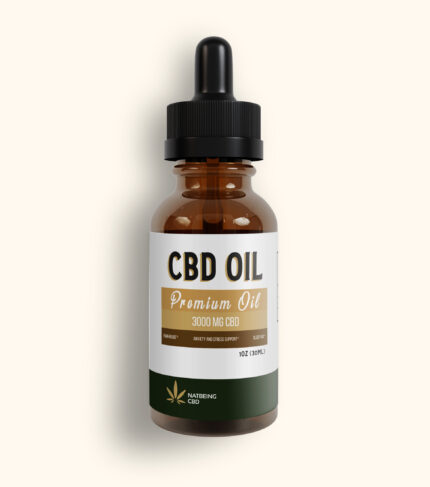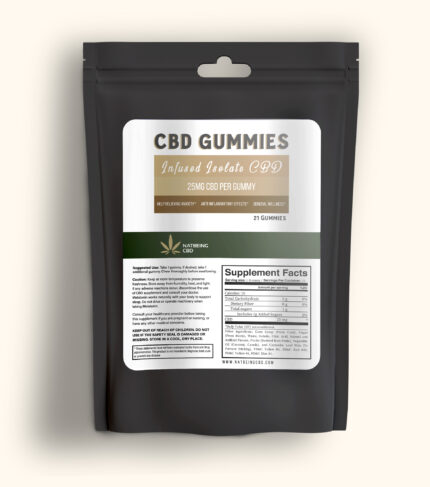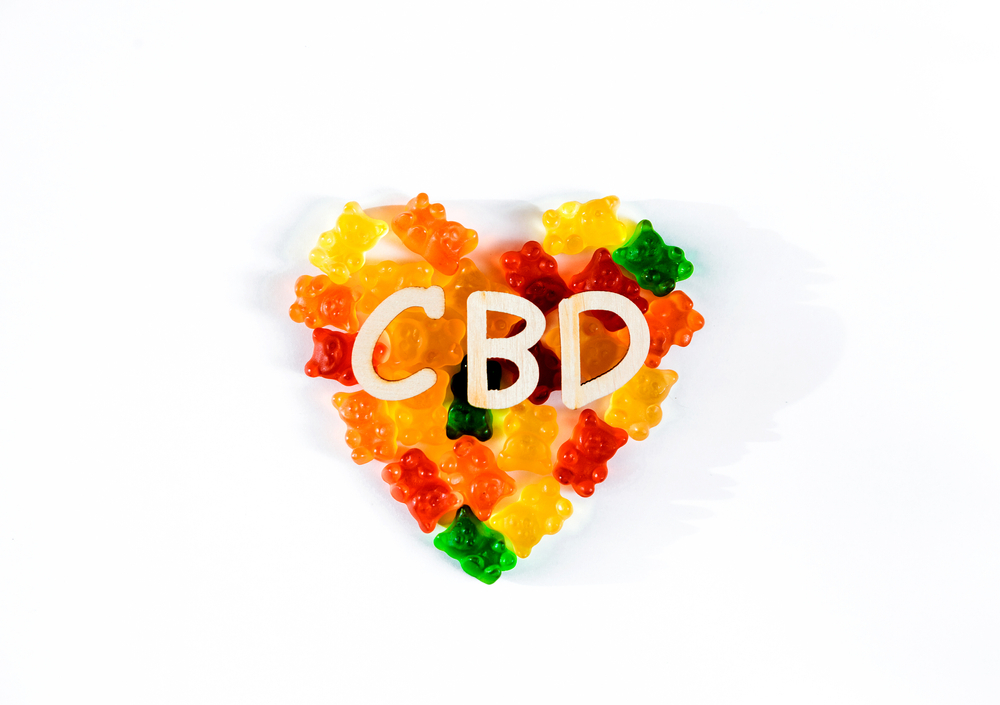
Blog
Cannabidiol (CBD) is a naturally occurring compound found in the Cannabis Sativa plant. Unlike its more well-known counterpart, THC (tetrahydrocannabinol), CBD is non-psychoactive, meaning it doesn’t cause the “high” typically associated with cannabis. Over recent years, CBD has gained widespread popularity in wellness and medicinal circles for its potential therapeutic benefits.
What is CBD?
CBD (Cannabidiol) is one of more than 100 cannabinoids present in the cannabis plant. While CBD and THC are both cannabinoids, CBD does not cause the psychoactive effects that THC is known for. As research into CBD grows, it’s becoming more recognized for its potential to support overall wellness, alleviate symptoms of various conditions, and promote relaxation without the intoxicating effects of THC.
CBD is typically derived from hemp plants, which contain low levels of THC, making it legal in many parts of the world. Unlike THC, which binds directly to the brain’s CB1 receptors, CBD interacts with the body’s endocannabinoid system (ECS) to regulate a variety of physiological processes.
How Does CBD Work?
CBD works by interacting with the body’s Endocannabinoid System (ECS), which helps maintain homeostasis or balance in the body. The ECS regulates vital functions like mood, sleep, appetite, and immune response. It contains two main receptors: CB1 and CB2. CBD does not bind directly to these receptors but instead influences them indirectly, helping to maintain balance and reduce inflammation, stress, and pain.
One of the ways CBD helps the ECS is by influencing neurotransmitter levels and the immune system, which can assist in managing conditions like anxiety, chronic pain, and even neurological disorders. Its anti-inflammatory properties may contribute to pain relief, making it an increasingly popular natural remedy.
Different Types of CBD
Full-Spectrum CBD:
This form of CBD contains all the naturally occurring cannabinoids found in cannabis, including a trace amount of THC (below 0.3%). The presence of THC, in such small amounts, may contribute to what’s known as the “Entourage Effect,” where cannabinoids work together synergistically to enhance their overall therapeutic effects.
Broad-Spectrum CBD:
Broad-spectrum CBD also contains multiple cannabinoids but is completely THC-free. This option is ideal for individuals who wish to avoid THC but still benefit from the full range of cannabinoids.
CBD Isolate:
CBD isolate is the purest form of CBD, consisting of 99% pure CBD with no other cannabinoids. While it lacks the entourage effect, it is often favored by those looking for a potent, THC-free option.
Sources of CBD: Hemp vs. Marijuana
The primary difference between hemp-derived and marijuana-derived CBD lies in their THC content. Hemp contains less than 0.3% THC, while marijuana can have much higher levels of THC. Legally, CBD products derived from hemp are more widely available, thanks to the 2018 Farm Bill in the U.S., which legalized hemp cultivation for CBD extraction.
Hemp-derived CBD is the most common source of CBD products due to its lower THC content, while marijuana-derived CBD typically requires a prescription and is subject to stricter regulations.
Common Uses & Benefits of CBD
Pain Relief:
CBD has shown promise in helping manage chronic pain and inflammation by interacting with the ECS and reducing pain signals in the body. Many people with conditions like arthritis have reported relief with CBD use.
Anxiety & Stress:
CBD may have a calming effect on the nervous system. Studies suggest it can help reduce anxiety by influencing serotonin levels in the brain, potentially making it beneficial for those dealing with stress or anxiety disorders.
Sleep Improvement:
For those struggling with insomnia or sleep disorders, CBD has been reported to help improve sleep quality by promoting relaxation and reducing anxiety that may interfere with restful sleep.
Epilepsy & Seizures:
One of the most well-known uses of CBD is in the treatment of epilepsy. The FDA has approved Epidiolex, a CBD-based medication, to treat seizures associated with two rare forms of epilepsy: Dravet Syndrome and Lennox-Gastaut Syndrome.
Skincare & Anti-Inflammation:
CBD’s anti-inflammatory properties also make it useful in skincare. It may help reduce acne, soothe irritated skin, and promote overall skin health by reducing inflammation and balancing oil production.
Is CBD Legal? Understanding the Regulations
The legality of CBD varies across different countries and regions. In the U.S., the 2018 Farm Bill legalized hemp-derived CBD, as long as it contains less than 0.3% THC. However, CBD products derived from marijuana remain subject to stricter state and federal laws.
It’s important to be aware of local regulations, as the legal status of CBD can vary. Additionally, the FDA provides guidelines on CBD products, including restrictions on health claims and dosage information.
Potential Side Effects & Safety Considerations
Although CBD is generally considered safe, it can cause side effects in some individuals. Common side effects include dry mouth, dizziness, and changes in appetite. CBD may also interact with certain medications, so it’s crucial to consult a healthcare provider before starting CBD, especially if you have underlying health conditions.
How to Choose High-Quality CBD Products
When selecting CBD products, quality matters. Look for products that have been tested by third-party laboratories, ensuring they meet safety and potency standards. A Certificate of Analysis (COA) will confirm the product’s CBD content and verify that it contains no harmful contaminants.
Pay attention to product labels for potency, ingredients, and extraction methods. Trusted CBD brands are transparent about their processes, sourcing, and testing.
Frequently Asked Questions About CBD
Does CBD get you high? No, CBD is non-psychoactive and does not produce a “high” like THC.
Will CBD show up on a drug test? Most drug tests screen for THC, not CBD, so CBD alone is unlikely to show up. However, full-spectrum CBD products may contain trace amounts of THC, which could potentially cause a positive test result.
How long does CBD stay in your system? CBD typically stays in your system for up to 5 days, depending on factors like dosage, frequency of use, and metabolism.
Can you overdose on CBD? No, there is no known lethal dose of CBD, but high doses may cause side effects like drowsiness or gastrointestinal discomfort.
Final Thoughts
Before using CBD, it’s essential to understand its potential benefits and limitations. Responsible use and consultation with a healthcare provider will ensure that you use CBD safely and effectively. As research into CBD continues, its potential in wellness and medicine is vast, and it may become a cornerstone of natural health treatments.
Contents
- 1 What is CBD?
- 2 How Does CBD Work?
- 3 Different Types of CBD
- 4 Sources of CBD: Hemp vs. Marijuana
- 5 Common Uses & Benefits of CBD
- 6 Is CBD Legal? Understanding the Regulations
- 7 Potential Side Effects & Safety Considerations
- 8 How to Choose High-Quality CBD Products
- 9 Frequently Asked Questions About CBD
- 10 Final Thoughts
Related posts
How Fast Does CBD Cream 5000mg Work on Sore Muscles?
Menthol and CBD: A Dynamic Duo for Pain Relief
Delta-8 vs Delta-9 THC: Which One Is Right for You?
CBD Cream 5000mg: Powerful Relief for Pain, Muscles & Joints
CBD for Arthritis Pain: What You Should Know
CBD Creams: Made with Hemp Oil for Pain Relief & Joint Support
Understanding Oral CBD vs Topical CBD: Which Works Best for You?
How CBD Cream Supports Your Body’s Natural Balance
CBD Cream for Arthritis Joint Pain: A Natural Way to Find Relief
Is CBD Cream the Secret to Glowing, Healthy Skin?
How CBD Cream Works on Your Skin
CBD Cream Costs: Finding the Perfect Balance Between Price and Quality
Table Of Contents
- 1 What is CBD?
- 2 How Does CBD Work?
- 3 Different Types of CBD
- 4 Sources of CBD: Hemp vs. Marijuana
- 5 Common Uses & Benefits of CBD
- 6 Is CBD Legal? Understanding the Regulations
- 7 Potential Side Effects & Safety Considerations
- 8 How to Choose High-Quality CBD Products
- 9 Frequently Asked Questions About CBD
- 10 Final Thoughts
Recent Posts
Products
-
 CBD Cream 5000mg – Extra Strength Pain Relief Topical Rated 4.83 out of 5$33.93 – $49.99Price range: $33.93 through $49.99 — or subscribe and save up to 25%
CBD Cream 5000mg – Extra Strength Pain Relief Topical Rated 4.83 out of 5$33.93 – $49.99Price range: $33.93 through $49.99 — or subscribe and save up to 25% -
 CBD Sleep Gummies 2500mg With Melatonin - 100 count Rated 5.00 out of 5
CBD Sleep Gummies 2500mg With Melatonin - 100 count Rated 5.00 out of 5$69.99Original price was: $69.99.$34.99Current price is: $34.99. -
 3000mg CBD Oil Rated 5.00 out of 5$29.90
3000mg CBD Oil Rated 5.00 out of 5$29.90 -
 CBD Gummies 500 mg - 21 Gummies Rated 5.00 out of 5$19.90 – $23.00Price range: $19.90 through $23.00
CBD Gummies 500 mg - 21 Gummies Rated 5.00 out of 5$19.90 – $23.00Price range: $19.90 through $23.00
